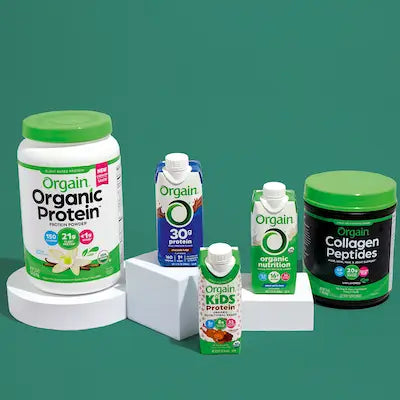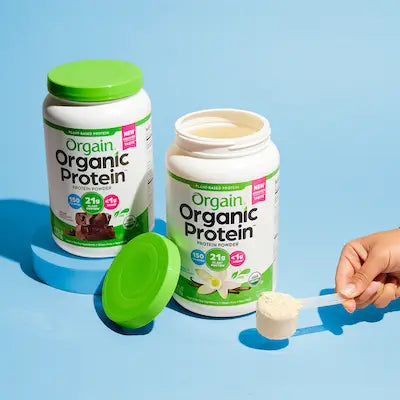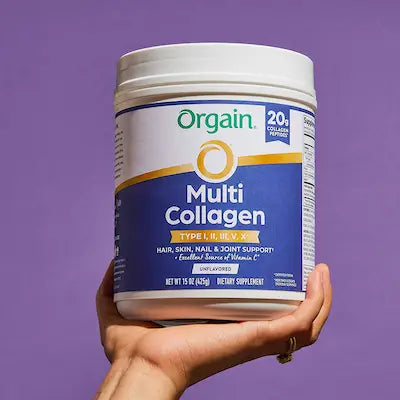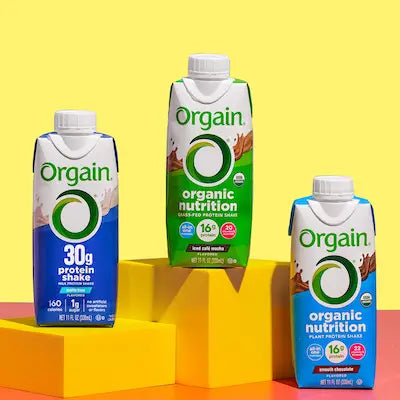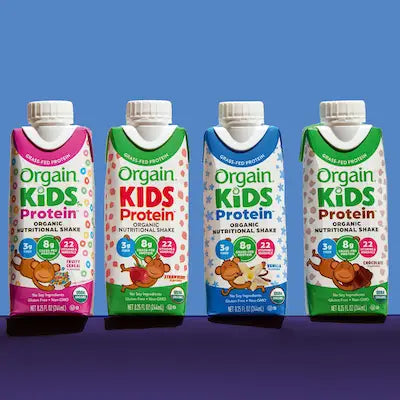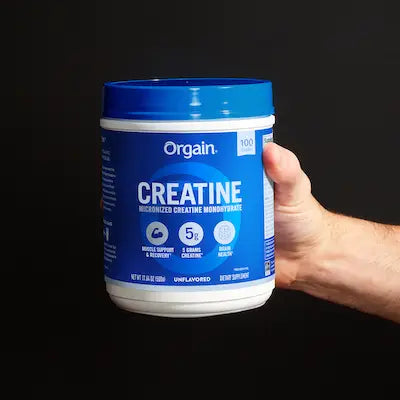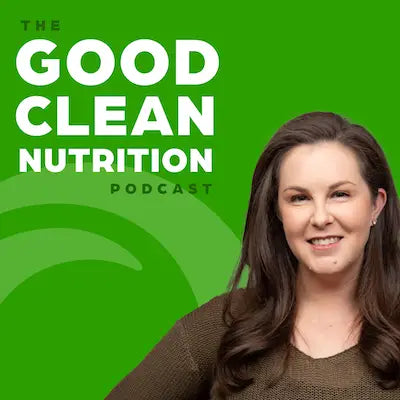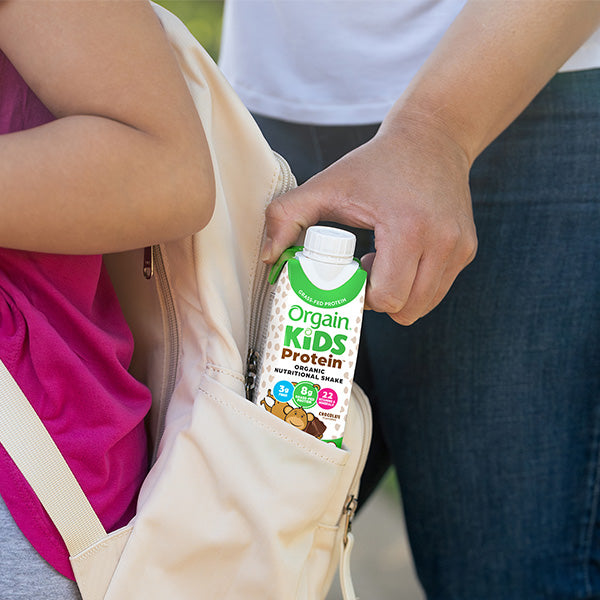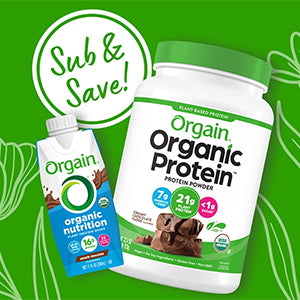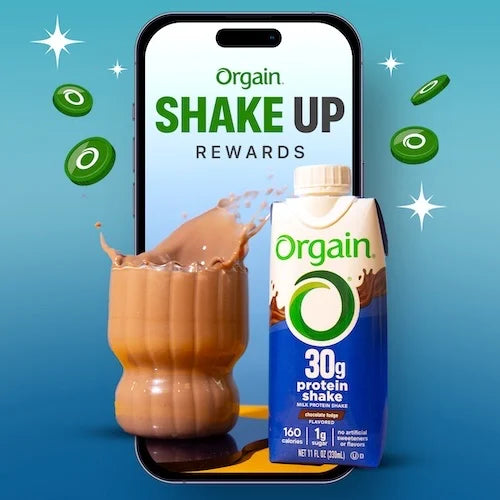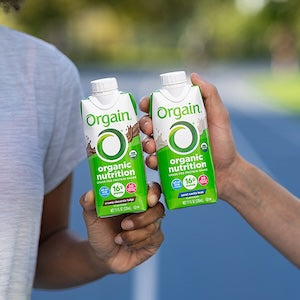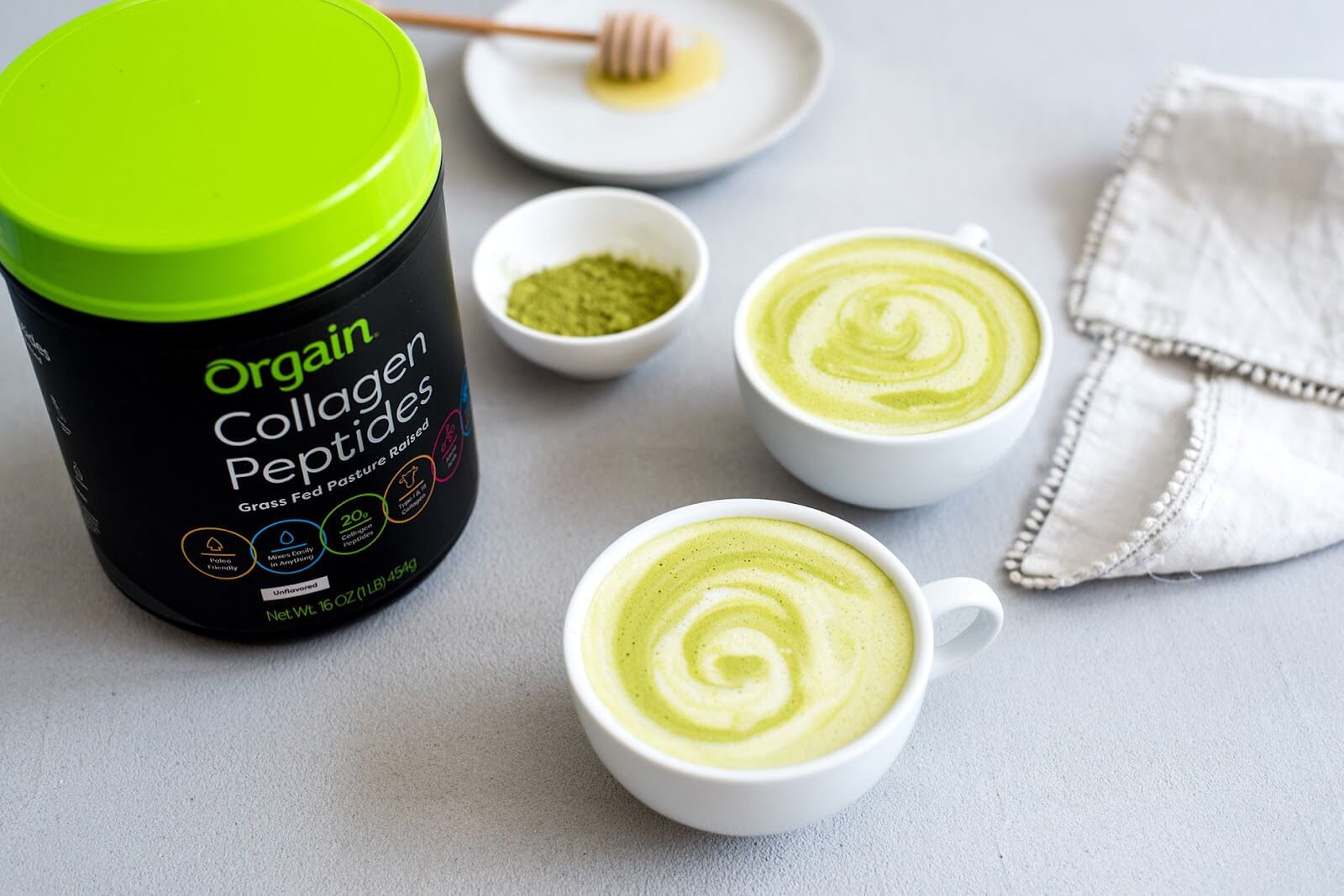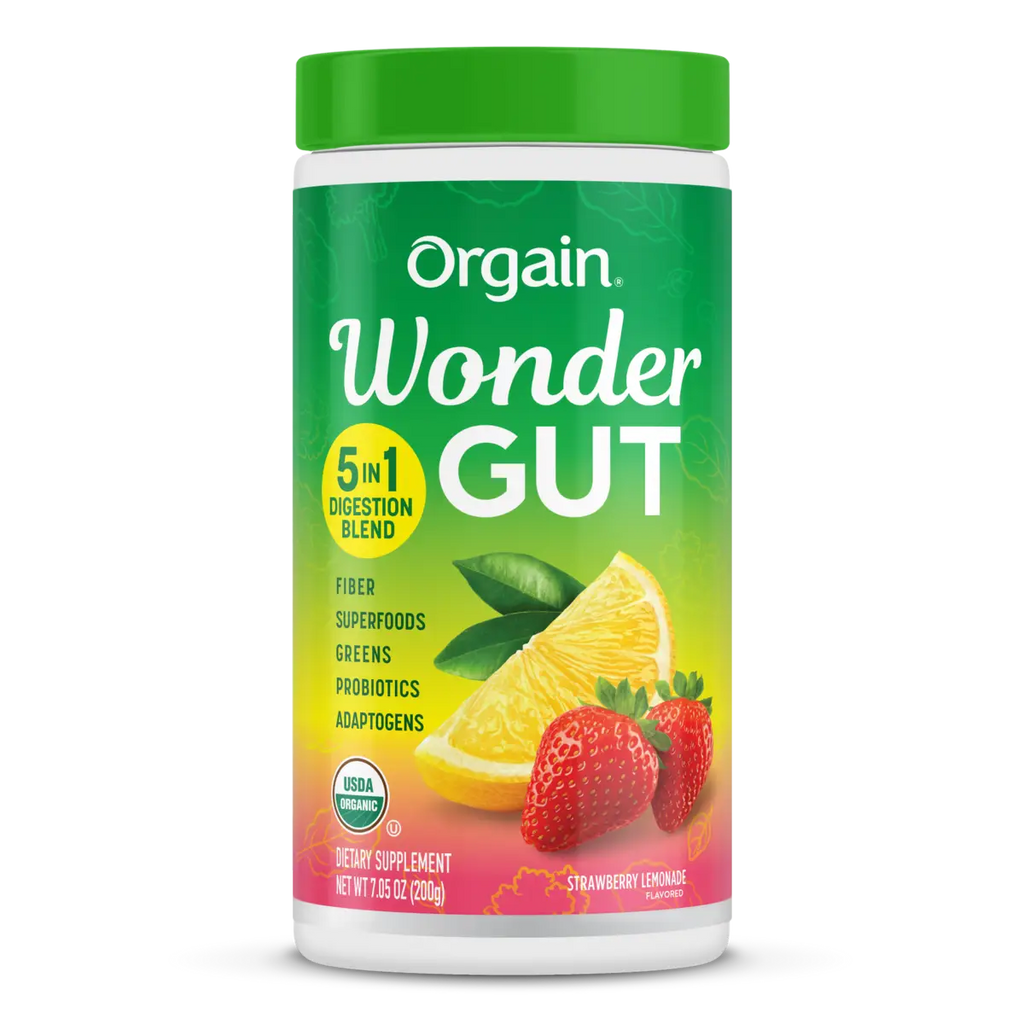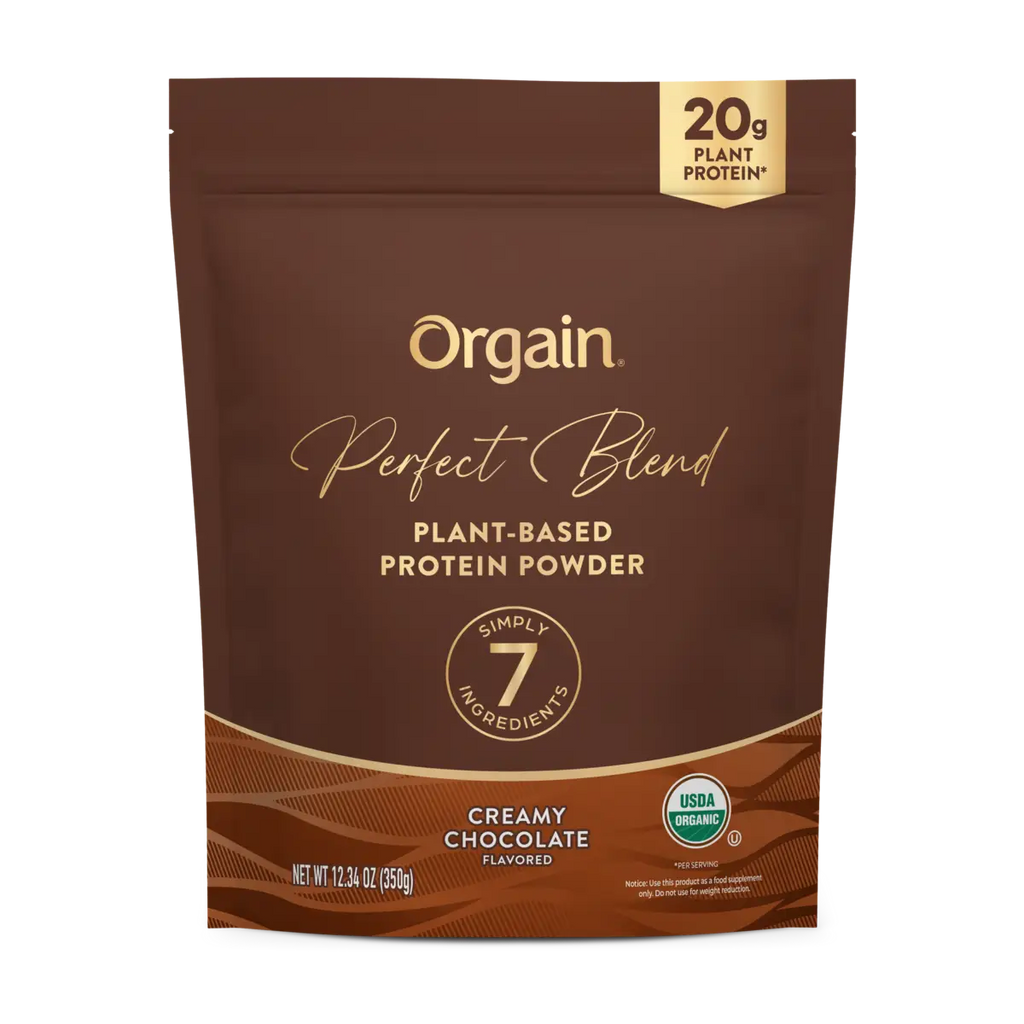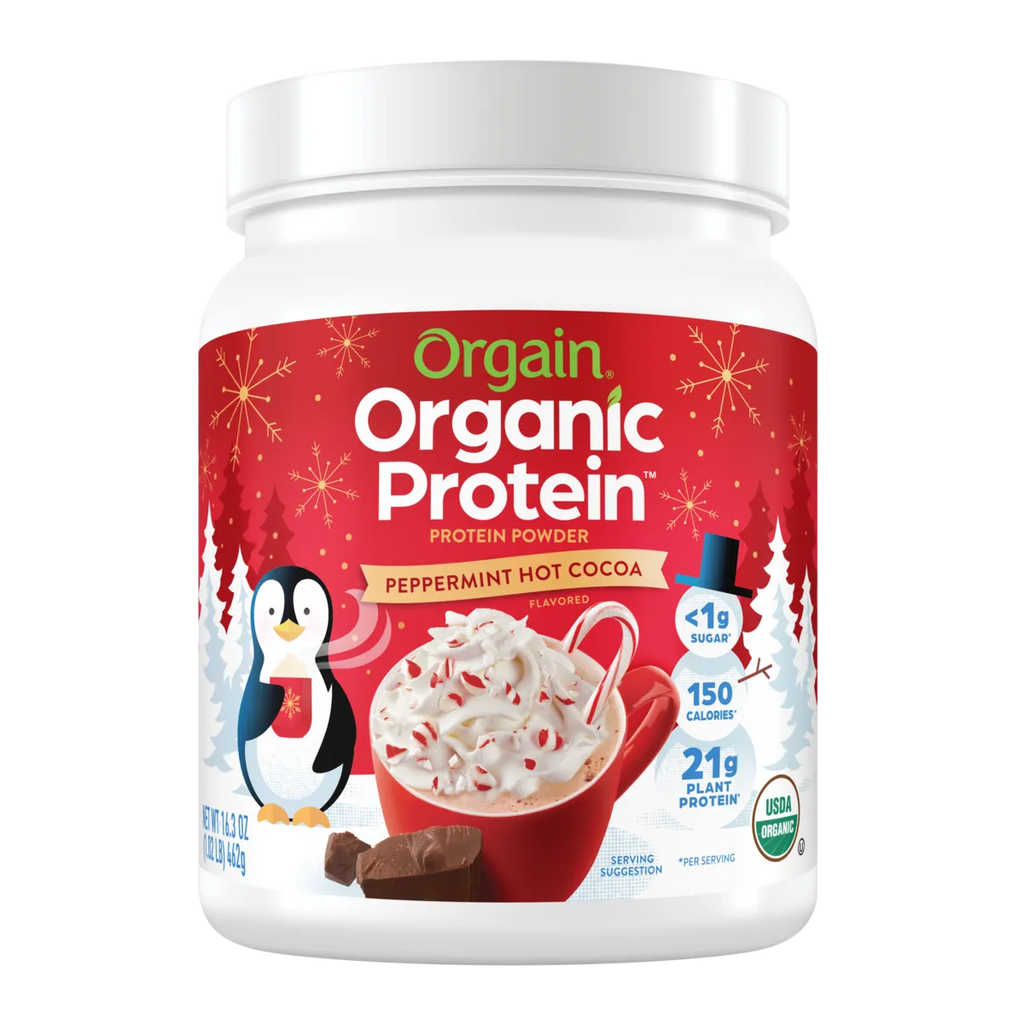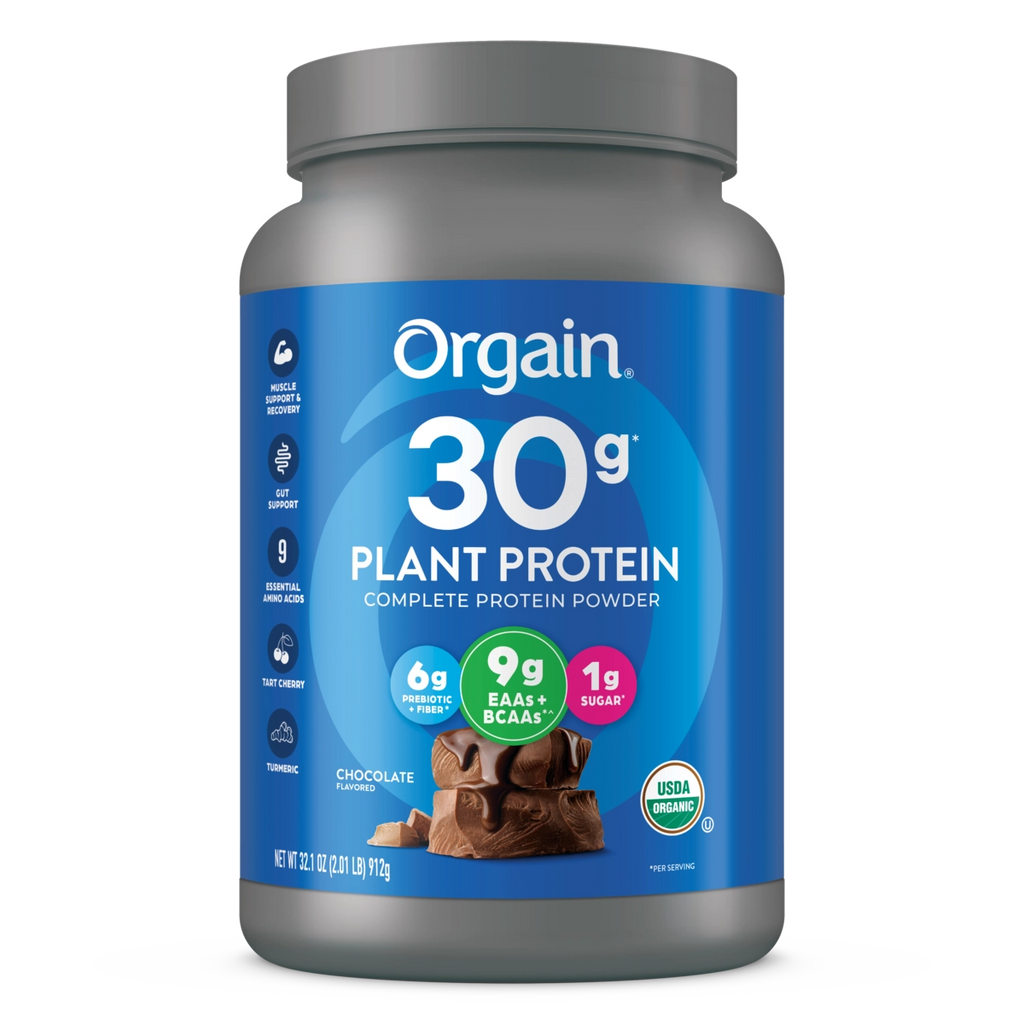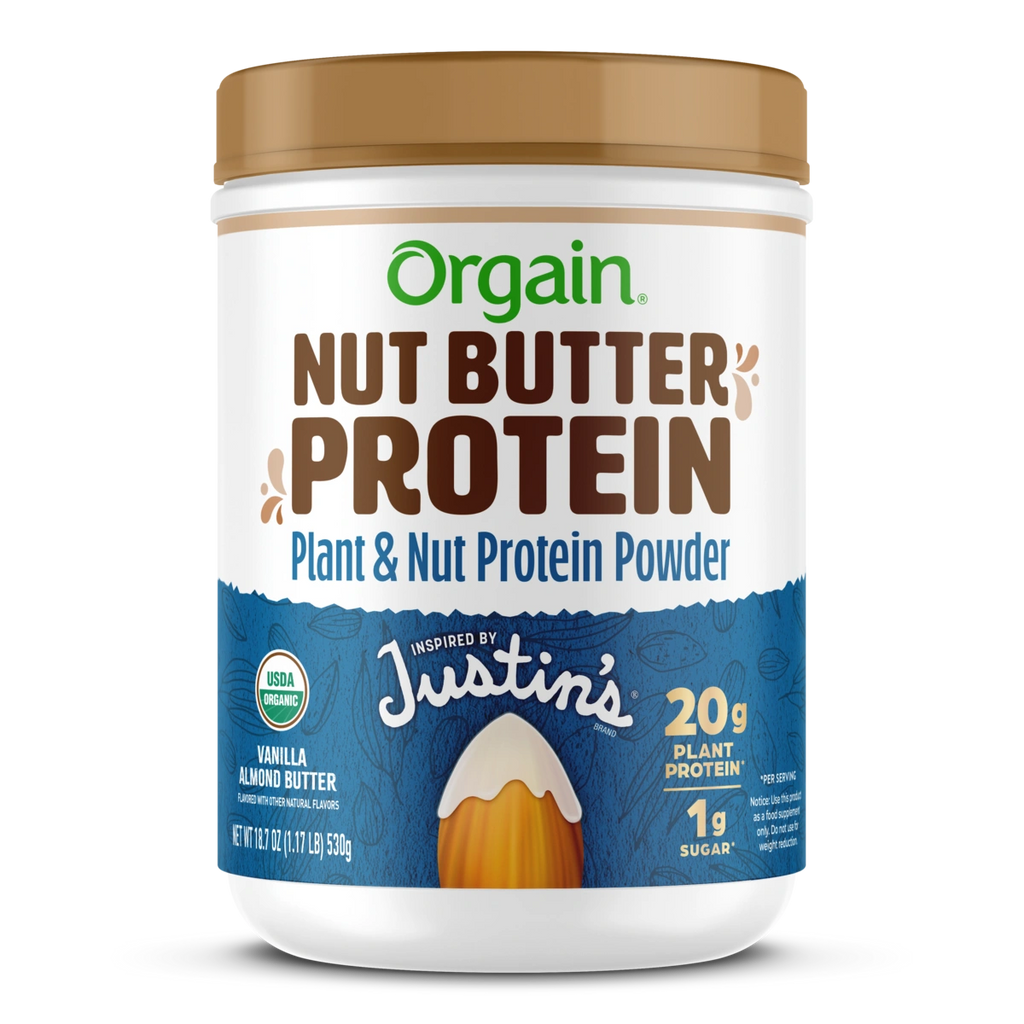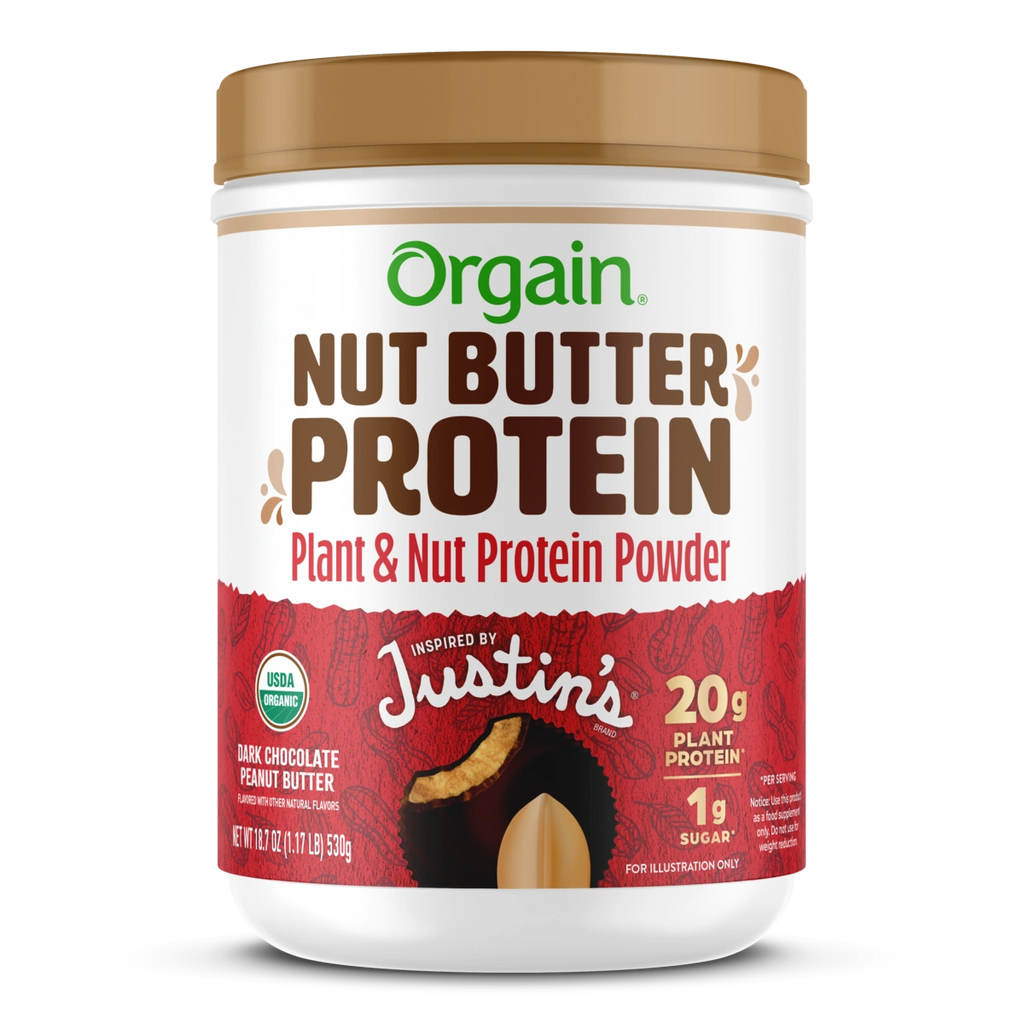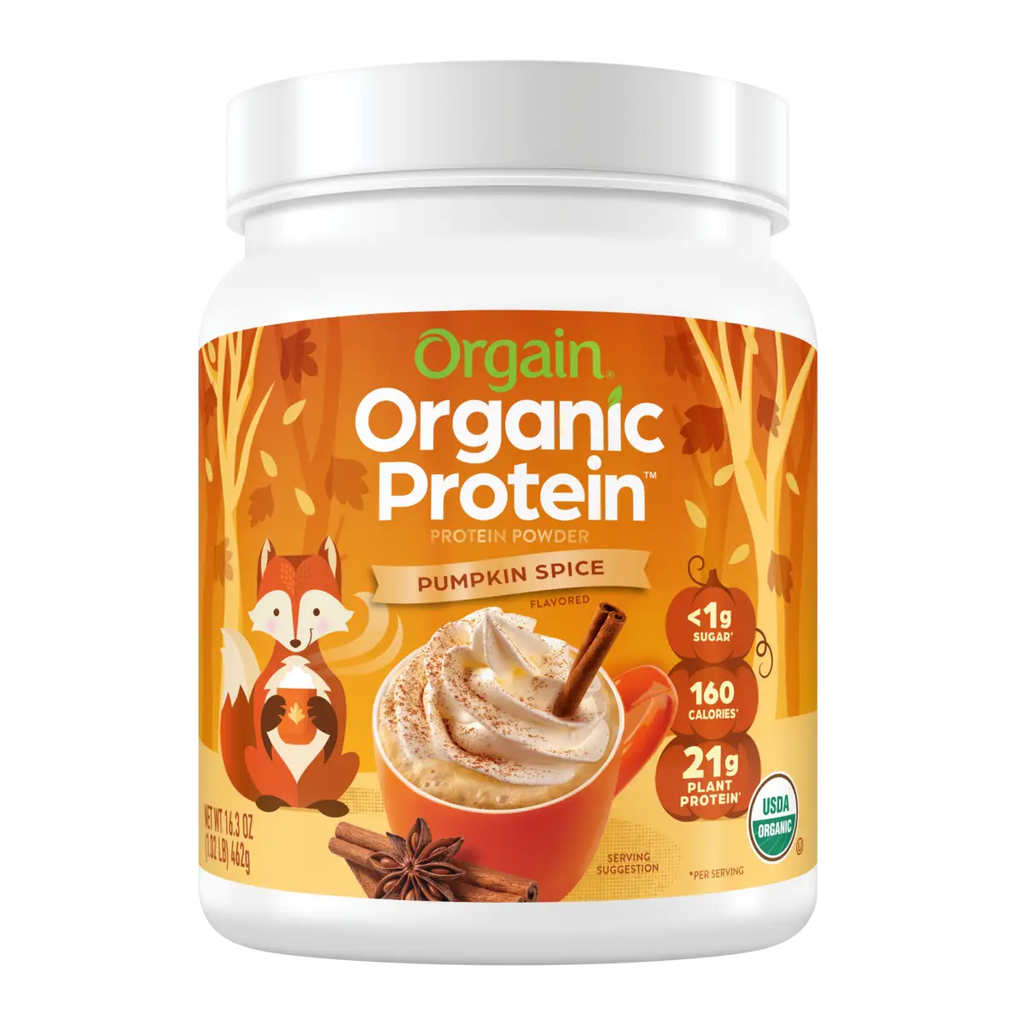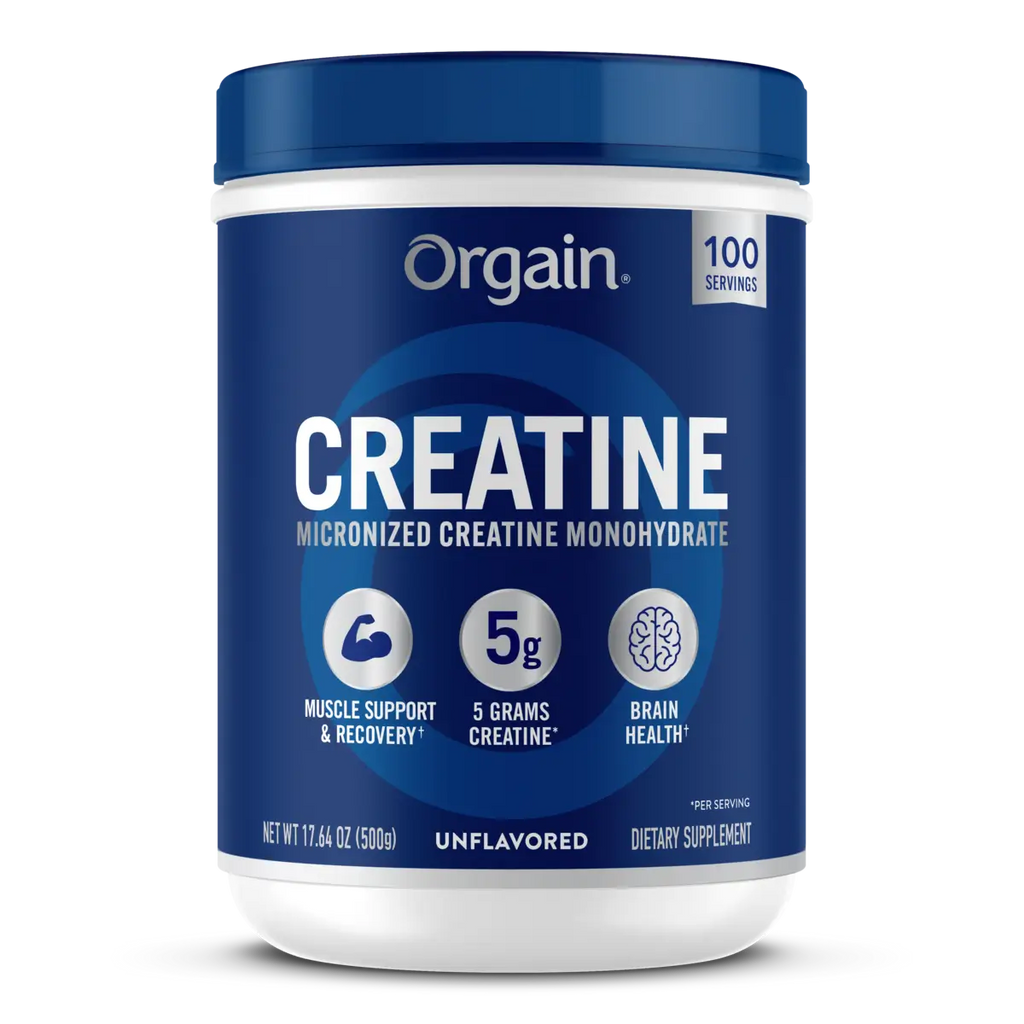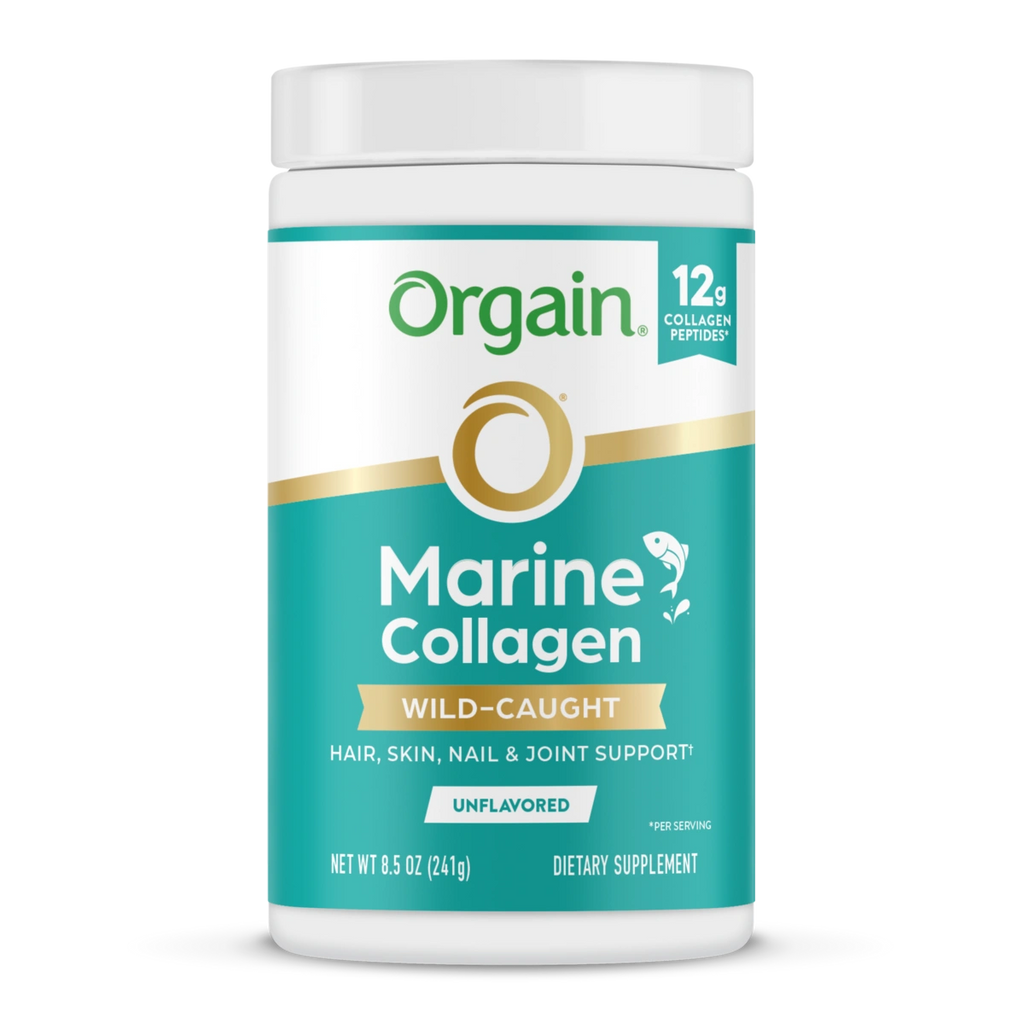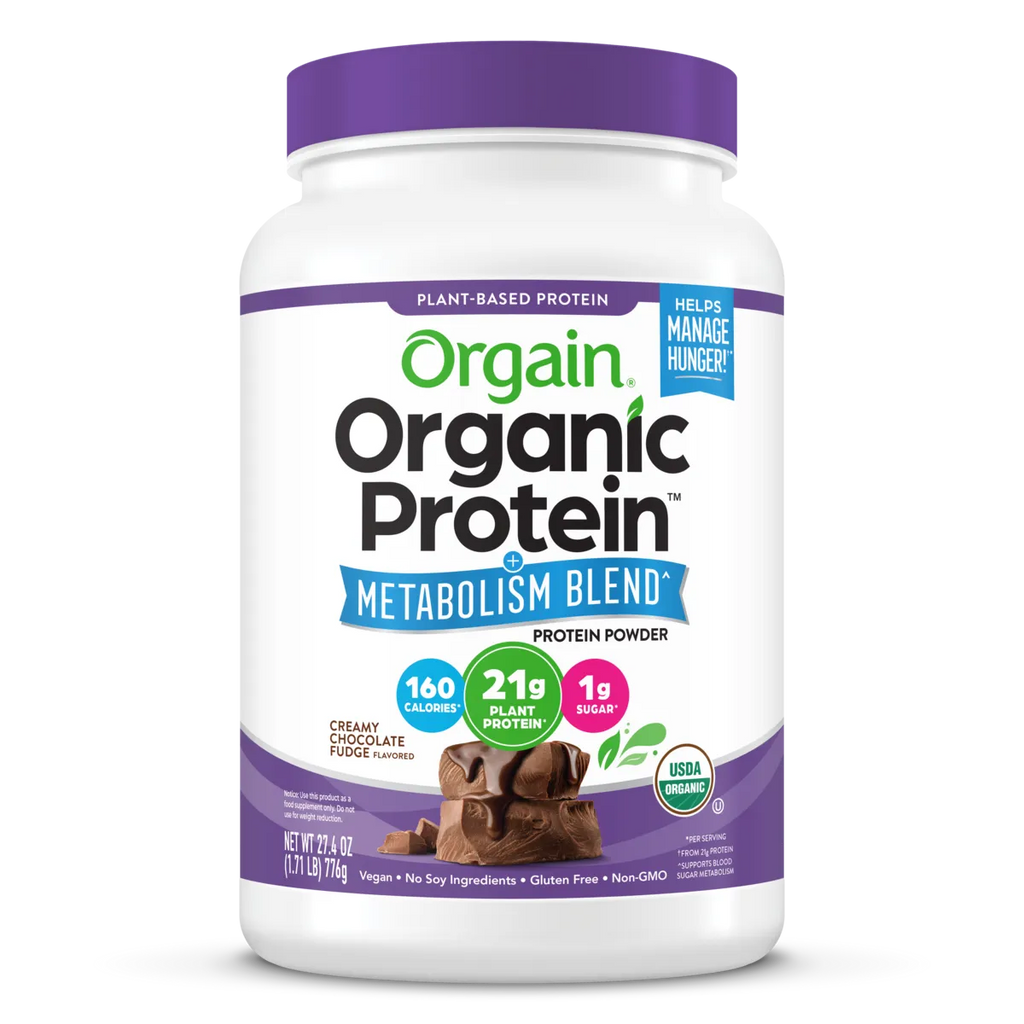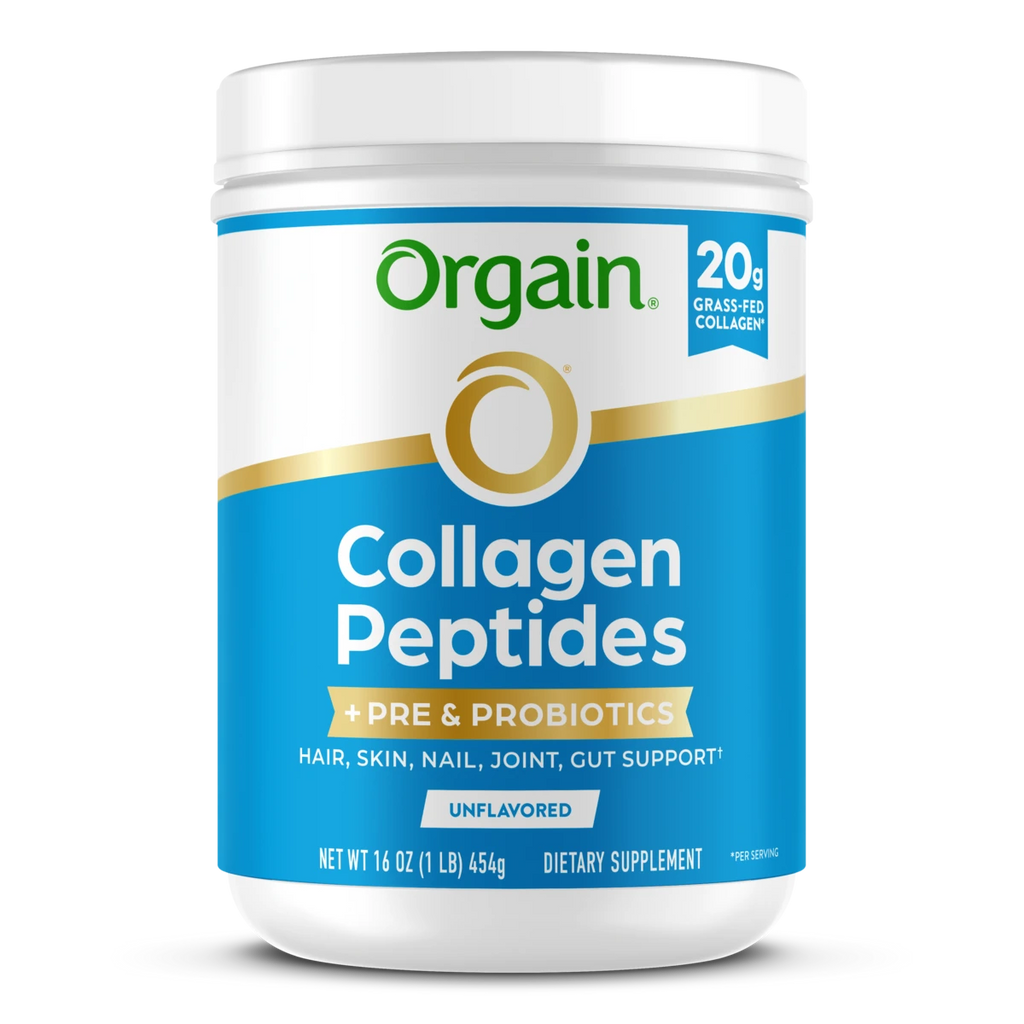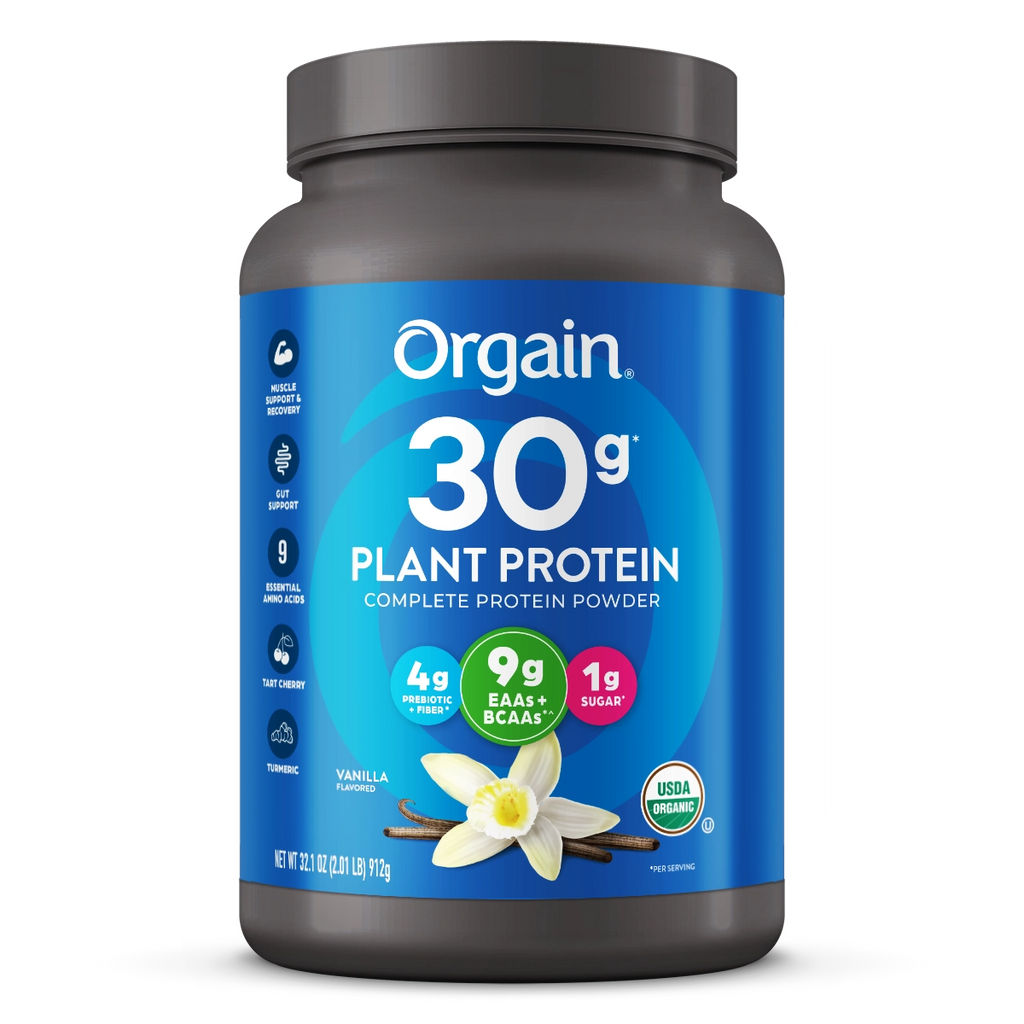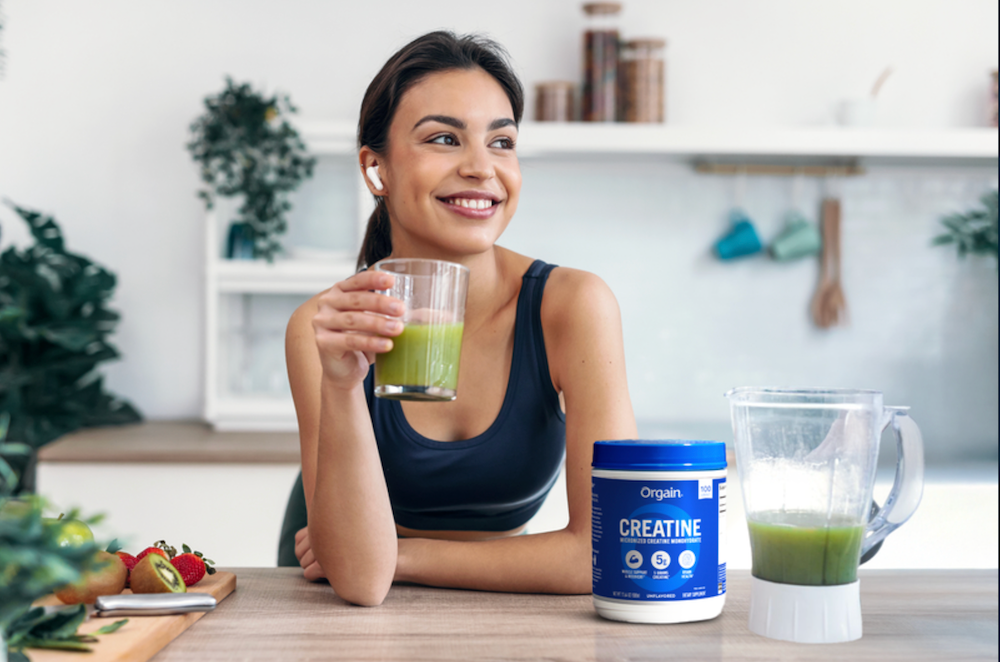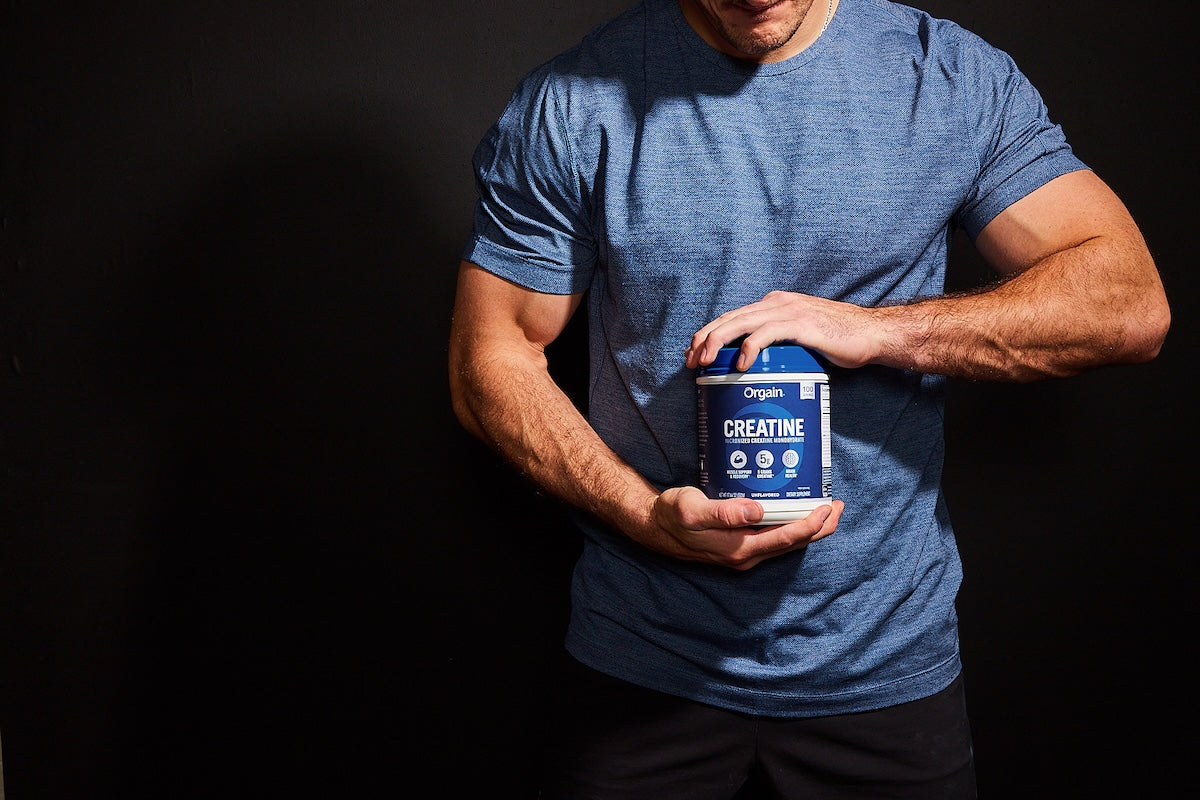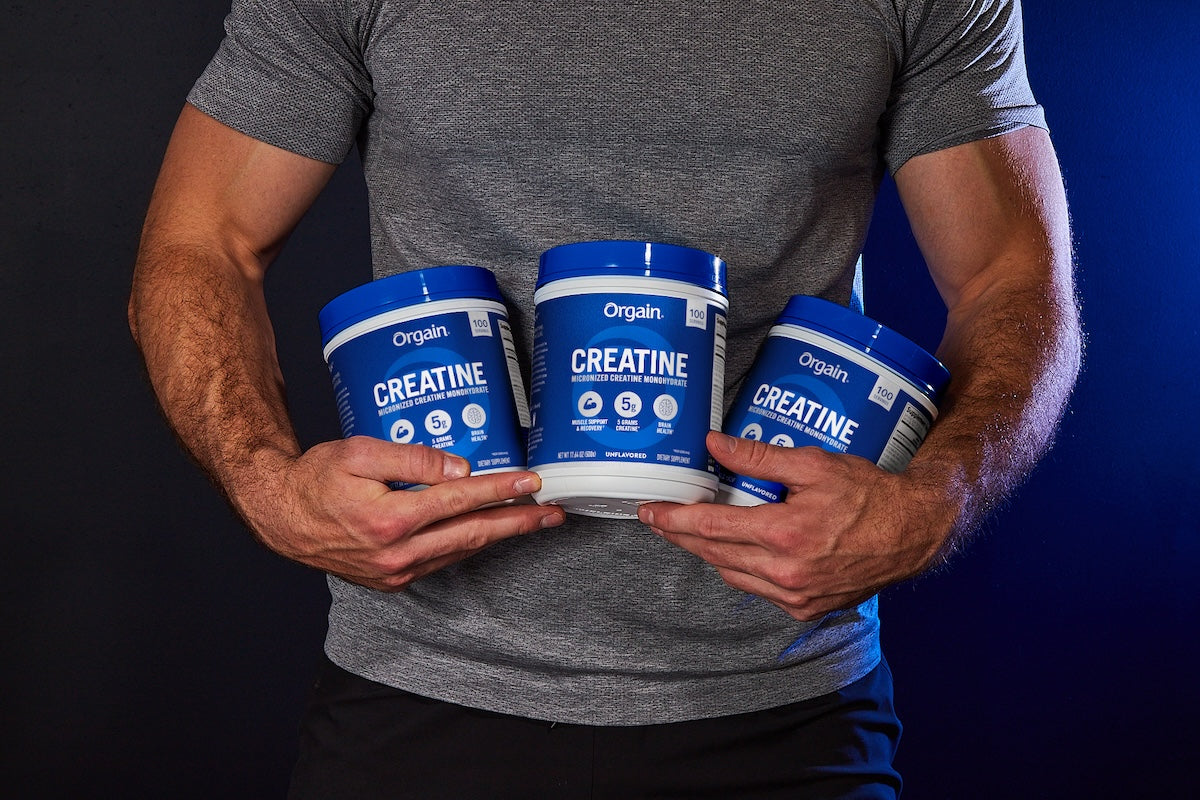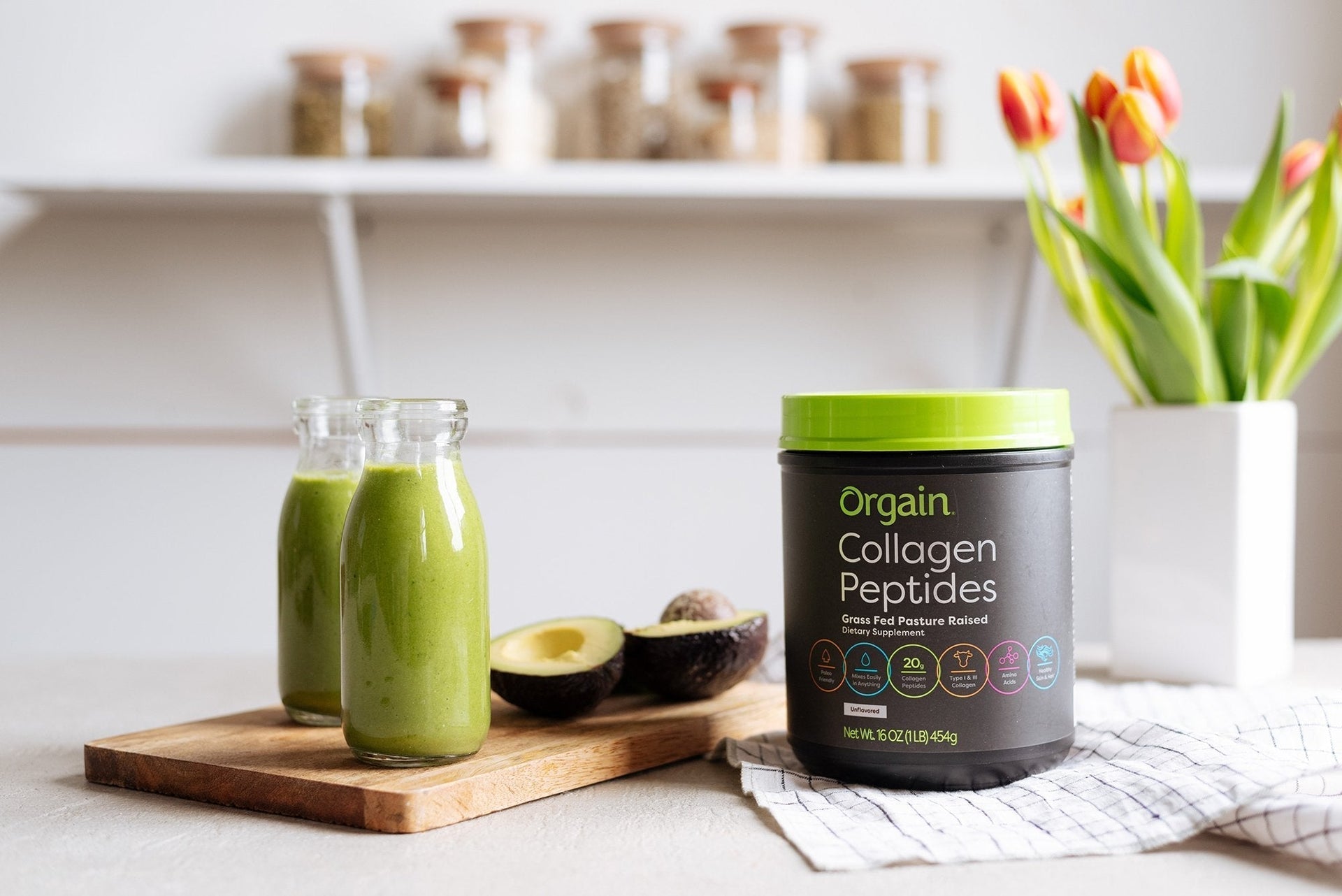If you’ve recently surfed the internet waves of the supplement market or darkened the doorway of your local vitamin shop then there’s a good chance you’ve had an encounter with collagen.
Maybe you’ve examined the claims, read about the benefits, and almost committed — only to leave it abandoned in the cart or on the shelf for lack of certainty.
Well, the buzz surrounding collagen has its merits. But how did this beautifying protein make its way into supplement bottles? And what the heck is it made of? Inquiring minds would like to know.
Have no fear, all your burning questions will soon be answered (hopefully).
Collagen, Just Glow With It
So, does all the buzz match the benefits? Let’s explore. First, let’s take a look at collagen, what it is and its role in our body. Then we will break down some of the best collagen supplements themselves, including what they are made from and why.
Collagen and the Beauty Within
Collagen isn’t some supplement that was conjured up in the minds of nutritional scientists working in cold laboratories; your body already creates it. In fact, collagen is one of the most abundant proteins in the human body.
Collagen has 28 different types, from I to XXVIII. Each consists of polypeptide chains — amino acids joined by peptide bonds.
Okay, that is enough chemistry for today; suffice to say, they’re complex. The most abundant and most commonly researched types of collagen are Type I and III.
The role of collagen in the body
Great, we know collagen is a complex protein, but what does it do?
Great question. Simply put, collagen acts as one of the major building blocks of bones, ligaments, cartilage, tendons, muscles, and even your teeth — it helps provide structure. It also has a role to play in supporting hair, skin, and nail health.
Think of collagen as protein superglue, it literally helps hold your body together. Type I collagen is the most abundant in the body, but Type III is close behind.
Collagen is found most abundantly in the connective tissue of animal foods; bone broth is a popular source for dietary collagen.
Collagen Peptide Powder and Its Benefits
The most common form of collagen supplementation is hydrolyzed collagen (Type I and III). Some of the more popular benefits of collagen include:
Supporting nail, skin, and hair health
Collagen supplements have shown to be useful in skin health by helping in the fight against aging. It does this by improving skin hydration, elasticy, roughness, and density. Other benefits include improved nail and hair health.
Supporting muscle mass and strength
Yes, collagen helps the muscles grow while they glow. A perfect combination. One placebo-controlled study showed that the combination of collagen peptide supplements and resistance training increased muscle mass and strength among recreationally active men.
The list could go on but we need to open up those bottles and see what’s inside.
Collagen Supplements: What Are They Made From?
Well, in order to explore this question, we need to look at a clean, collagen peptide powder option.
Orgain’s Grass Fed Pasture Raised Collagen Peptides fits the bill.
Collagen Sourcing
Grass fed you say? Indeed. That should probably give you a clue about the sourcing.
As mentioned, most collagen peptide powder forms are known as hydrolyzed collagen. The main sources for this are normally the connective tissues and hides of bovine (cattle in this case).
Normally, hides are often discarded in the meat industry. But, since they make a great source for collagen they are upcycled and used in many collagen peptide supplements.
Healthy cows are happy cows
Not all supplement products are created equal. Normally, factory farming methods lump hundreds of cows into small areas, feeding them a diet of soy and grain.
This is not so much the case with Orgain’s Grass Fed Pastured Raised collagen products.
These cows are raised in the wide-open spaces, free to roam and eat what they were intended for — grass.
Clean collagen only, non-GMO, and no soy
As mentioned, many meat and dairy cows are fed soy and grain (it costs less). Unfortunately, many times these food sources are a product of GMOs — genetically modified organisms.
One reason for this is to make high commodity foods and crops, such as soy, more resistant to diseases and droughts. Oftentimes, the health concerns of GMO products center around allergic reactions and potential toxicity due to pesticides.
For humans, the concern is simple: These dangers could be passed to us when we consume GMO products, both through crops or animals.
With the product at hand, you can say hello to good, clean collagen peptides; free of GMOs and soy.
What Else Is in There?
Well, bovine peptides serve as the primary ingredient — actually the only ingredient. No added sugars, preservatives, flavors, or colors; no dairy or lactose ingredients either.
However, this clean collagen peptide powder does contain the benefits of its only ingredient.
Type I and III collagen peptides and amino acids
Each serving size (1 scoop) of our Grass Fed Pasture Raised collagen peptide powder has 10g of collagen protein: Type I and Type III; those which support joint function, strong hair and nails, muscle recovery, and radiant skin.
Cool, so I can use it as a meal replacement?
Woah, hold your horses. Although collagen protein boasts an impressive amino acid profile, it is incomplete.
Amino acid profile
Though collagen peptides do provide some essential amino acids, it doesn’t provide them all — but eight out of nine ain’t bad.
In terms of essential amino acids, it provides:
- Histidine - 110 mg
- Isoleucine - 260 mg
- Leucine - 510 mg
- Lysine - 670 mg
- Methionine - 130 mg
- Phenylalanine - 320 mg
- Threonine - 340 mg
- Valine - 360 mg
Collagen is considered an incomplete protein; it lacks tryptophan, the ninth essential amino acid.
Other amino acids in the profile include:
- Alanine - 1,560 mg
- Arginine - 1,340 mg
- Aspartic Acid - 1,020 mg
- Glutamic Acid - 1,800 mg
- Glycine - 4,190 mg
- Hydroxylysine - 170 mg
- Hydroxyproline - 2,050 mg
- Proline - 2480 mg
- Serine - 610 mg
- Tyrosine - 80 mg
Since collagen peptide protein doesn’t contain a complete amino acid profile, it is not generally considered to be a protein for meal replacement. However, it can be used alongside other protein powder with complete amino acid profiles.
Giving Collagen a Go
Good, clean collagen peptide powder helps to create clean beauty from the inside out — that’s what it’s all about. Orgain’s collagen nutrition line has you covered.
So, how can you enjoy the supplemental benefits of collagen?
Here’s a few closing tips if you want to give collagen a go:
- Coffee. Add two scoops of collagen peptides to your morning coffee for some healthy, frothy goodness.
- Tea it up. Mix some in with your favorite bedtime tea.
- Not a coffee or tea person? That’s fine, smoothies work too.
- You can also add it to your post-workout supplement shake.
No matter how you take your collagen it is important to make sure you’re getting the cleanest and the best.
Now it’s time to glow and explore.
Sources:
